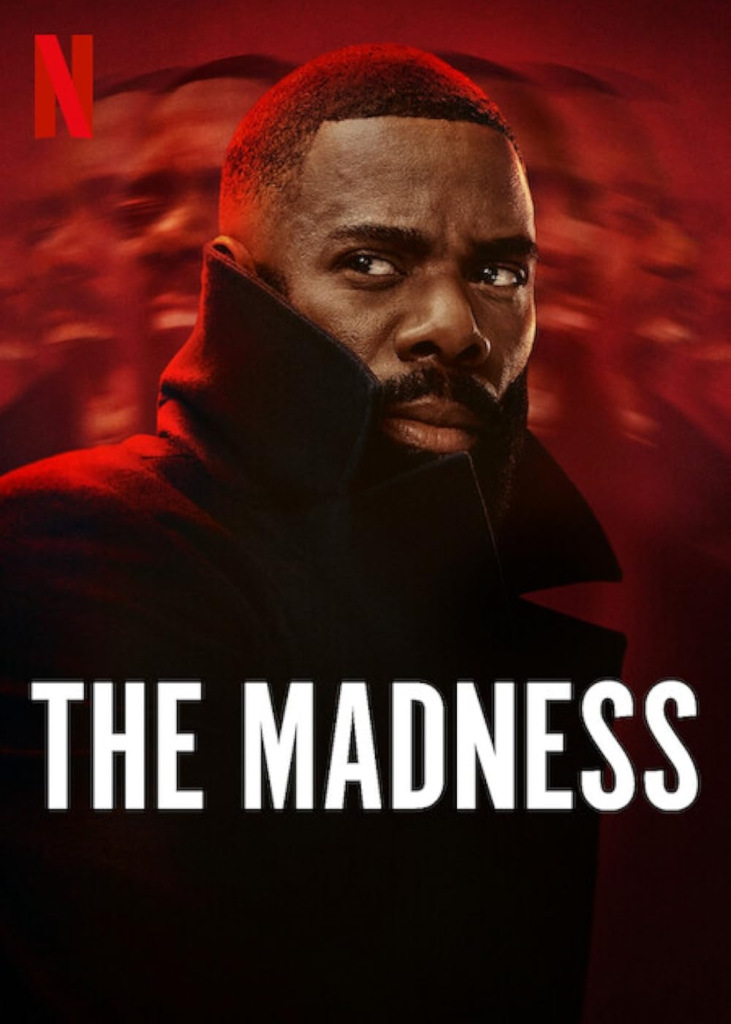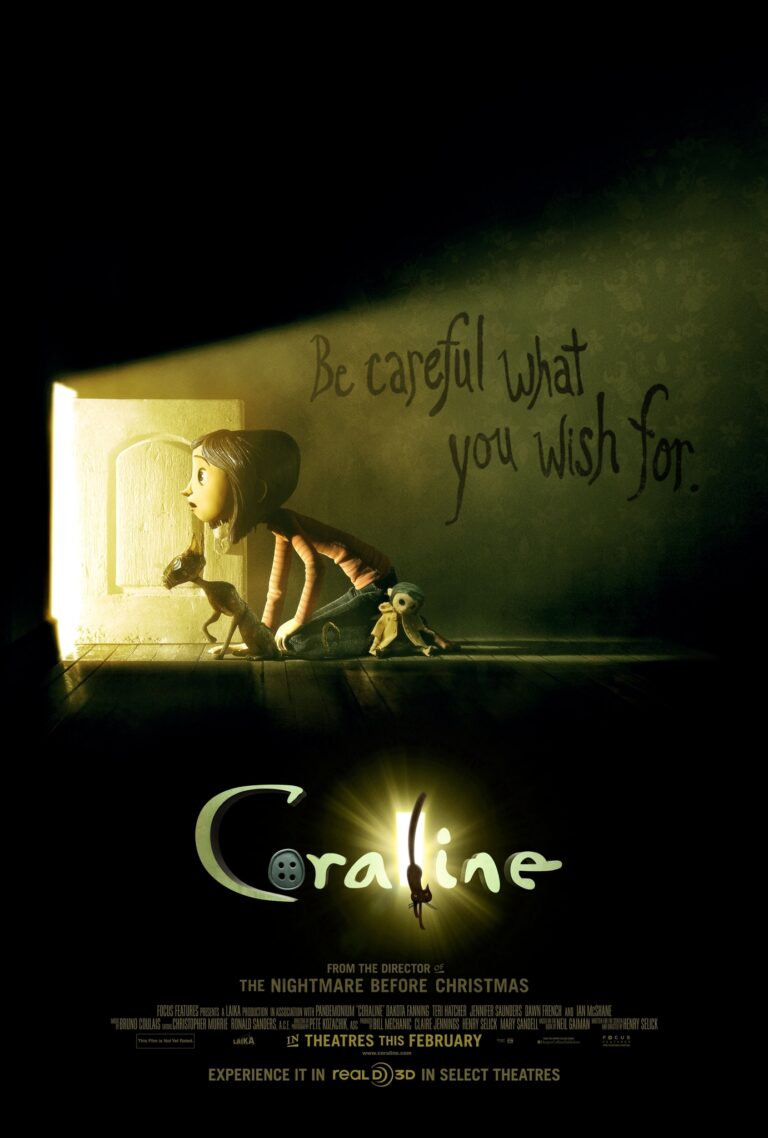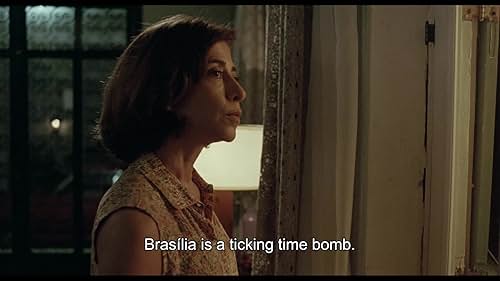The Madness Christian Review

In the ever-expanding world of streaming thrillers, Netflix’s The Madness barges in, grabs your attention, and dares you to look away. Anchored by Colman Domingo’s magnetic performance, the series dives headfirst into a messy labyrinth of distrust, paranoia, and societal critique. It’s sharp, chaotic, sometimes poignant—but for a Christian viewer, it’s worth asking: is it spiritually nourishing, or just another compelling yet fleeting rollercoaster? Let’s unpack this piece with nuance, peeling back the layers to see what works, what wobbles, and where faith might find—or miss—a foothold.
A Story With Grit and Guts
First things first: The Madness knows how to grip you. The plot revolves around Muncie Daniels (Domingo), an everyman swept up in a spiraling storm of deceit, danger, and desperation. The twists come fast, the stakes climb steadily, and Domingo carries it all with a kind of raw, lived-in intensity. This is his first real solo lead, and he doesn’t waste it.
For Christian viewers, there’s something deeply human here. Muncie isn’t some untouchable hero. He’s flawed, scared, and overwhelmed. Sound familiar? The Bible overflows with stories of imperfect people navigating impossible situations—Moses doubting his calling, Elijah running from Jezebel, Peter denying Christ. Muncie’s journey taps into that same vein: someone thrust into a battle they didn’t choose, trying to survive with their soul intact.
Chaos as a Mirror to the World
But the show doesn’t stop at Muncie. It’s ambitious, layering his personal journey over a broader commentary on political and economic dysfunction. You see it in the factions Muncie collides with, each embodying different shades of corruption, greed, and paranoia. The message is clear: our world is broken, spinning on an axis of distrust and disarray.
As Christians, this resonates. Scripture reminds us over and over again that the world groans under the weight of sin (Romans 8:22). The chaos depicted in The Madness might be exaggerated for dramatic effect, but it’s rooted in truths we see around us daily: fractured systems, eroded trust, and a desperate need for something—or Someone—greater.
Yet, while the series captures this brokenness, it rarely hints at hope. And that’s where it stumbles for believers. Yes, life is messy. Yes, evil exists. But the Gospel offers a counterpoint: a promise of redemption, restoration, and peace beyond understanding. Without that thread, the show risks leaving viewers stuck in its darkness, with no clear path to the light.
Tension, Tropes, and Timeliness
One thing The Madness does well is highlight the specific challenges Muncie faces as a Black man in America. Whether it’s skepticism from law enforcement or the risk of being misjudged by strangers, the series subtly weaves these realities into its storytelling. For some, this will feel like an important acknowledgment of systemic issues; for others, it might seem heavy-handed.
For Christians, it’s worth reflecting on how these themes align—or clash—with our call to justice and love. Micah 6:8 doesn’t mince words: we’re to act justly, love mercy, and walk humbly. Watching Muncie navigate these challenges, we’re reminded of the importance of empathy—seeing people not as stereotypes or obstacles, but as bearers of God’s image.
Still, the show’s reliance on familiar thriller tropes can feel like a double-edged sword. The twists are gripping, sure, but they occasionally veer into the absurd. The factions, with their quirky personalities and over-the-top schemes, sometimes teeter on the edge of caricature. While this keeps things entertaining, it also undercuts the realism the show otherwise strives for.
The Violence Question
Here’s where things get tricky. Like many thrillers, The Madness doesn’t shy away from intensity. There’s violence—physical, emotional, psychological. It’s not gratuitous, but it’s there, and it’s often unsettling.
For Christian viewers, this raises important questions. Philippians 4:8 calls us to dwell on what is true, noble, and pure. Does that mean avoiding all depictions of violence? Not necessarily. The Bible itself includes brutal moments—David and Goliath, the Crucifixion—used to convey profound truths. The key is context and purpose.
In The Madness, the violence serves the story, illustrating the stakes and the darkness Muncie must confront. But it’s worth asking: how does this affect your heart? Are you left numb, cynical, or shaken in ways that draw you closer to God—or further away?
The Missing Ingredient: Hope
This is perhaps the biggest gap in The Madness: it doesn’t offer much in the way of hope. It’s gripping, yes. Entertaining? Absolutely. But redemptive? Not so much.
Muncie’s journey is compelling, but it’s ultimately rooted in survival, not transformation. The world around him remains chaotic and broken, with no real hint of healing or renewal. For a Christian audience, this can feel incomplete. We’re wired for stories of redemption because we’re living one.
Imagine if the series had leaned into this more. What if Muncie’s trials had prompted deeper questions about faith, purpose, or grace? What if the show had dared to explore not just the darkness of our world, but also the light breaking through it? That kind of storytelling doesn’t just entertain—it uplifts.
To Watch or Not to Watch?
So, where does that leave us? Is The Madness worth your time?
If you’re a fan of thrillers and can handle its intensity, there’s a lot to appreciate. Domingo’s performance alone makes it worth a look, and the series’ commentary on modern chaos will spark plenty of reflection.
But it’s not for everyone. If you’re sensitive to violence, prone to feeling overwhelmed by heavy themes, or simply looking for something more overtly hopeful, this might not be the best fit.
As with any piece of media, discernment is key. Pray about it. Consider your own boundaries and triggers. And if you do choose to watch, engage with it critically—asking not just, “Was this entertaining?” but also, “What did this do to my heart?”
Final Thoughts
Netflix’s The Madness is a lot of things: thrilling, timely, flawed, and fascinating. It captures the messiness of our world with unflinching honesty, but it doesn’t always point toward the hope we crave. For Christians, it’s a mixed bag—a reminder of the brokenness around us, but also of the redemption only Christ can bring.
Would I recommend it? Yes, with caution. Watch thoughtfully, reflect prayerfully, and remember: while our screens may show us the chaos of this world, our faith reminds us of the One who overcame it.
Rating: 7/10. It’s smart, suspenseful, and worth a watch—if you’re ready to wrestle with its darker edges.




